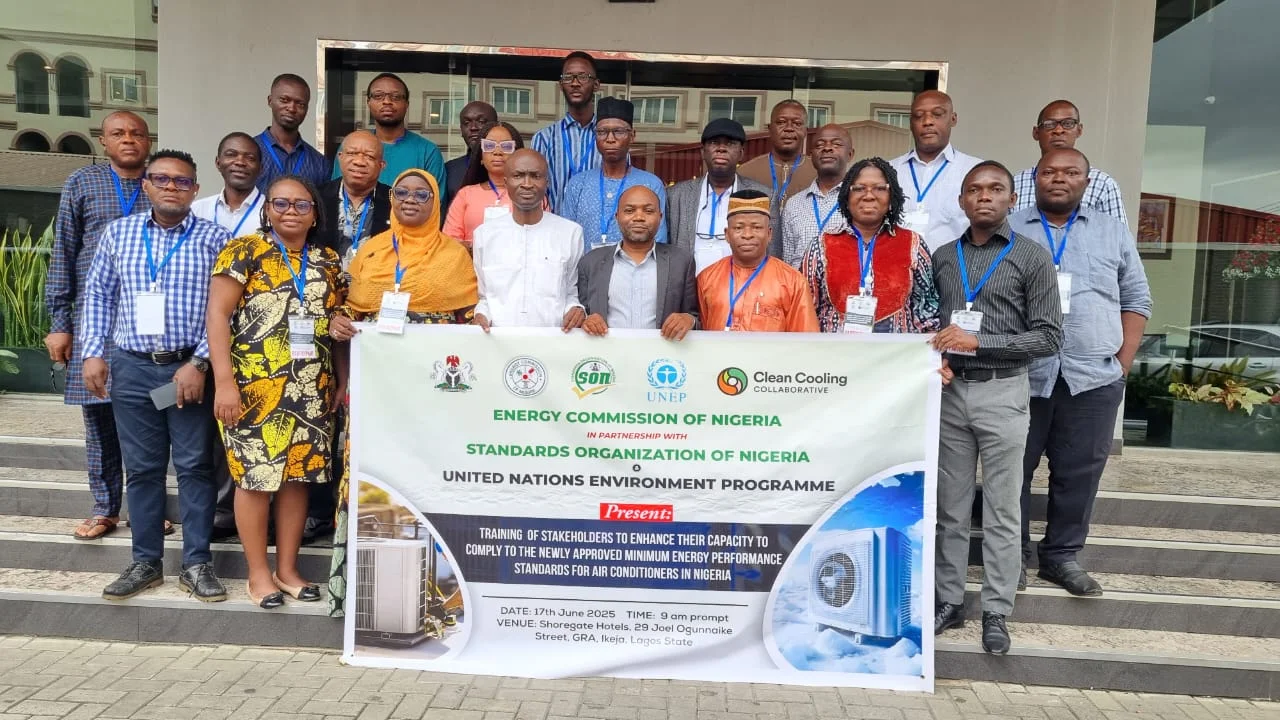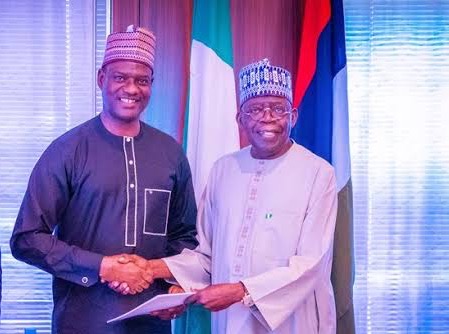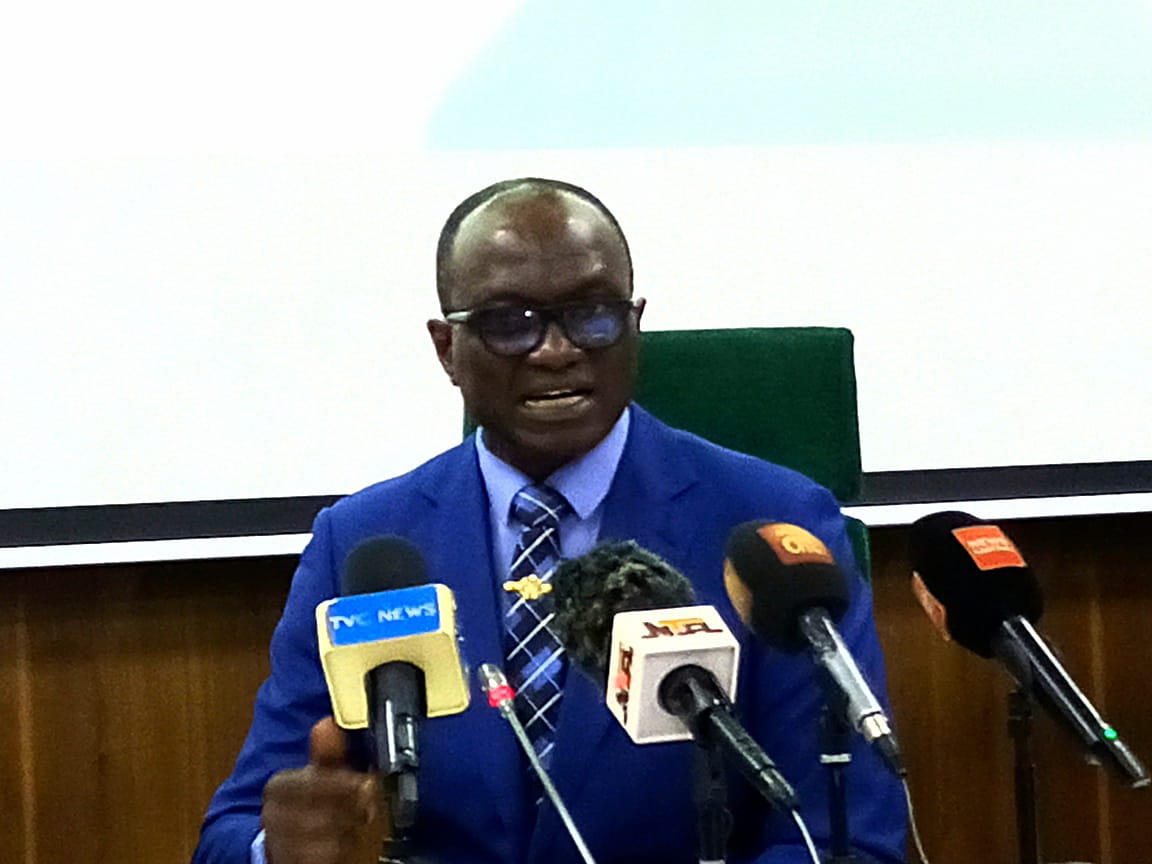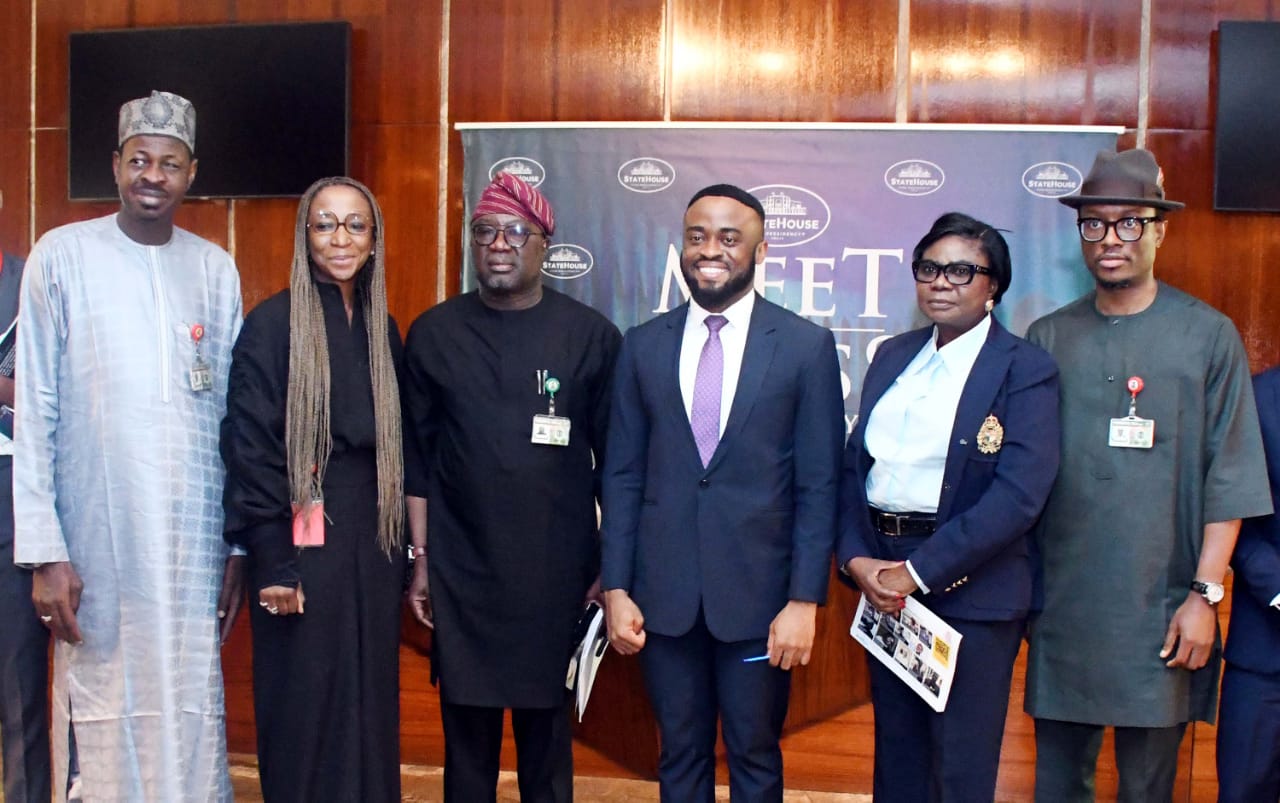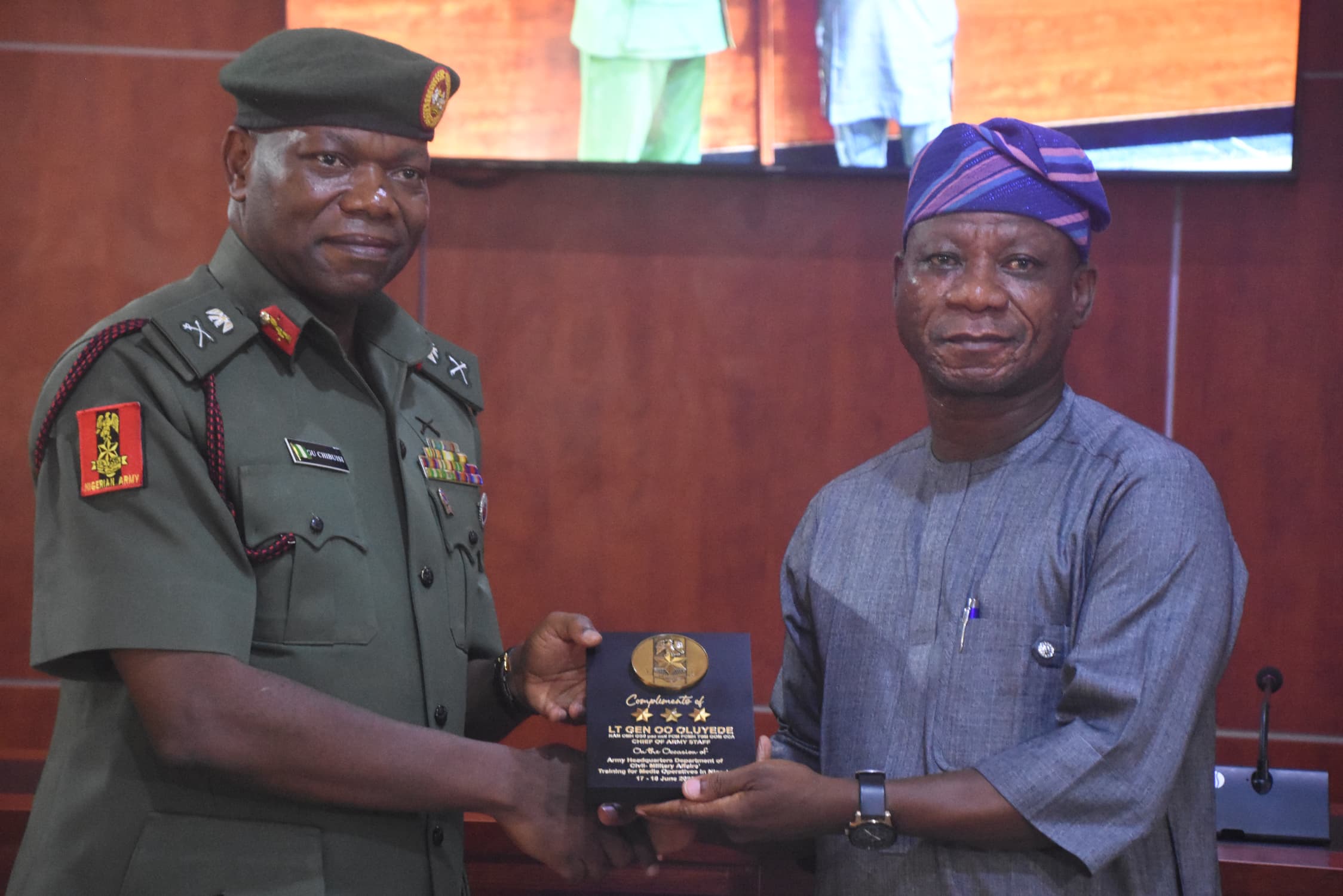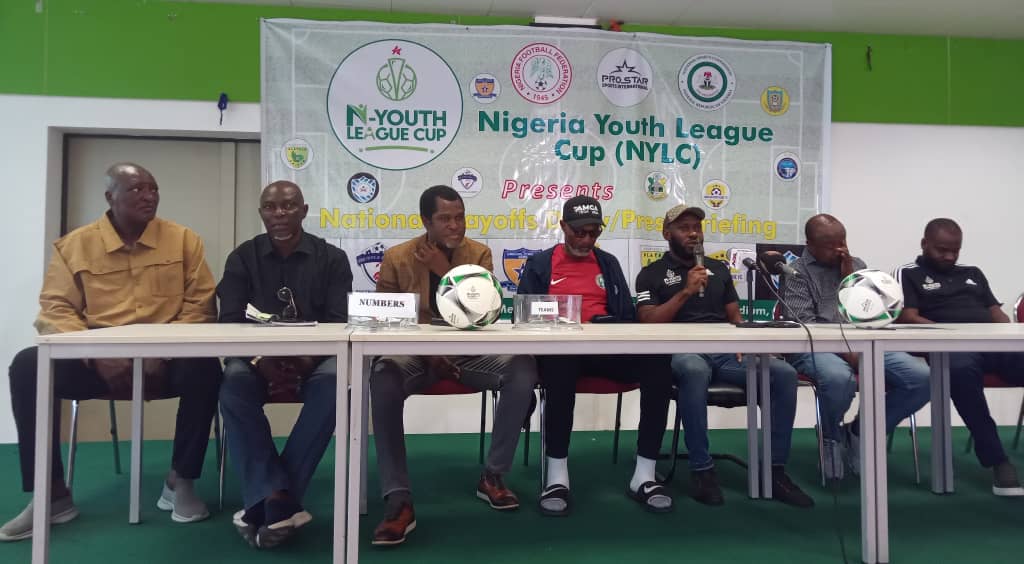Gaming, Gambling Addiction: A growing societal burden needing urgent attention
Analysis: Gaming, Gambling Addiction, a growing societal burden needing urgent attention
By Vivian Ihechu, News Agency of Nigeria (NAN)
In Nigeria, a silent and rapidly escalating crisis—Gaming and Gambling Addiction—is overwhelmingly affecting public health and social well-being, particularly among the youth.
Physical ailments like hypertension, diabetes and cancer often overshadow public health discussions, but mental and social well-being are emerging as critical, often-overlooked, drivers of risky behaviours such as problem gaming and gambling.
The World Health Organisation (WHO) defines gambling as risking something of value on an uncertain outcome for a potential increased return.
This includes traditional betting, casino games, lotteries, and bingo, with electronic gambling machines (EGMs) and certain online casino games carrying the highest risk of harm.
The lines between “gambling” and “gaming” are increasingly blurred, especially as modern gaming platforms incorporate “gambling-like” elements such as “loot boxes’’.
Regardless of whether it’s skill or chance, the consequences are alarmingly similar – severe financial stress, relationship breakdowns, family violence, profound mental illness, and even suicide from unmet expectations or commitments.
So grave is the concern of addiction that in 2018, the WHO formally added both online and offline gaming disorder to its International Classification of Diseases (ICD-11), describing it as “a pattern of persistent or recurrent gaming behaviour” that “takes precedence over other life interests.”
The escalating societal impact was the central focus of the Responsible Gaming Symposium, organised by Gamble Alert, an NGO.
Under the theme, “Building a Sustainable Industry Through Responsible Gaming Practices,” the symposium held in Lagos united health professionals, industry regulators, gaming operators, and researchers to forge a comprehensive framework for addressing gambling addiction and championing player well-being.

Prof. Peter Olapegba, Deputy Vice-Chancellor of Administration at the University of Ibadan and a Professor of Social/Health Psychology, highlighted how digitisation had profoundly amplified the problem, making gambling “socially acceptable across all age groups” and accessible through smartphones and social media.
His observation, “When you open your Bible app, you even see gambling advertisements” testified to its pervasive integration into daily life.
Olapegba presented alarming statistics that an estimated 60 million Nigerians were actively involved in gambling, collectively spending a staggering 1.8 billion naira daily.
In spite of this massive engagement, he questioned the government‘s oversight, saying, “The government is regulating, but it’s unclear whether they’re promoting or preventing gambling’’.
He warned that gambling becomes problematic “When it pushes you to lose control of your budget, when you can no longer stick to your financial plan.”
Also, the Lagos State Commissioner for Health, Prof. Akin Abayomi, emphasised that gambling wasn’t just an economic issue, but a critical public health concern affecting mental, social, and physical health.
He was represented by Dr Tolu Ajomale, the Director/Head of Special Projects and Mental Health, Lagos State Ministry of Health.
According to him, the broader scope of health is beyond the purely physical, drawing attention to the often-ignored pillars of holistic well-being.
“Health is wealth when you are well, socially; when you are well, mentally and when you are well, physically’’.
Causes and Negative Impact
Shedding light on the hidden human cost of gambling, he explained that gaming and gambling waves and addiction had become a worrisome behaviour in society, emphasising that it wasn’t just an economic issue, but a critical public health concern affecting mental, social, and physical health.
He linked the rise of addictive behaviours like gaming and gambling to socio-economic pressures, driving individuals, especially younger people, toward gambling as an “escape” mechanism.
According to him, in a challenging economic climate, many individuals seek escape or a misguided path to resilience, sometimes succumbing to vices.
Also, the increasing accessibility of digital platforms places vulnerable populations at greater risk, particularly with younger individuals engaging in online gaming where age verification is a significant hurdle.
“The most concerning, is the fact that with digital platforms making gambling increasingly accessible, vulnerable populations are at greater risk of developing addictive behaviours’’.
While acknowledging the legal and ethical arguments put forth by the gaming industry, the commissioner highlighted the undeniable evidence of gambling addiction’s devastating impact on individuals’ social, mental, and physical health.
“This calls for greater responsibility from gaming operators to ensure players possess the mental capacity and legal maturity to participate.
“Many people who are often involved with gambling become addicts, and evidence of addiction is usually seen in their social lives, to their mental health, to their physical health.
“For the Lagos State Ministry of Health, the repercussions of gambling addiction are a public health problem, demanding proactive measures.
“Yet, the challenge lies in shifting the focus of decision-makers, who often prioritise economic gains over human well-being.
“It always boils down to the naira,” he lamented, referring to the common focus on financial metrics.
Proffering solution, he challenged the industry to prioritise player well-being over profits, suggesting a reframing of the industry’s sustainability
“The sustainability of the gaming industry depends on the well-being of its players’’, saying that a healthy client base is essential for long-term profitability.
Mr Fisayo Oke, CEO and Founder of Gamble Alert, decried the “worrisome loose gaming industry,” asserting that responsible gaming was not just a moral imperative but a critical business strategy.
He stressed that player safety should be mandatory, not optional.
“The sustainability of the industry depends entirely on how safe customers are, highlighting industry accountability and player education as crucial dimensions.
The Lagos State Lotteries and Gaming Authority (LSLGA) also sounded alarm over rising online gambling risks, especially among the youths.
Mr Bashir Are, CEO of LSLGA, represented by Mrs Adetoun Adeyemi, emphasised their commitment to “promoting responsible gaming and safeguarding the public.
“A partner reported over 180 calls for gambling addiction help between January and July 2024, leading to free counselling,’’ he said.
The LSLGA called for broad stakeholder support to tackle this emerging social challenge.
Indeed, the human toll is stark.
A “gaming/gambling addict’’, Yusuf Adewale (Not real name) lamented how frustrating it was to be hooked on gaming.
“When I sleep, I dream of playing and winning.
“I don dey play for over five years. I have spent plenty money to play. Many times, I don borrow money to play. I play and replay. Yet, I have not won anything.
“I spend all I make on gambling and gaming.’’
Sadly, Adewale said he would keep playing until he, perhaps, wins one day.
Discussions also revealed significant challenges, notably the lack of a centralised database to track self-excluded players, as problem gamblers circumvent exclusion by switching operators.
Industry leaders also acknowledged the problem.
An expert emphasised the critical need for coordinated efforts to protect vulnerable players like Adewale.
However, they asserted that there were mechanisms in place to check gaming addiction and underage gaming, but how many operators adhered to those?
Mr Abayomi Oketope, President of the Association of Casino Owners and Gaming Operators, stressed the need to “build in responsible gaming” for business sustainability.
Mr Gossy Ukanwoke, CEO of BetKing Nigeria, affirmed their commitment to “responsible gaming practices and safeguarding the welfare of customers,” including robust Know Your Customer (KYC) protocols.
Mr Olajide Oladuro, Chairman of the Oyo State Gaming and Lottery Board, warned against viewing gambling as a career, stating, “Gambling is not a way for anybody to get prosperous.”
He emphasised, “It is just something that you do at leisure with your loose change, and you don’t stay bent on it’’.
To stem the tide, he advocated for extensive grassroots sensitisation, local radio campaigns, strict enforcement against underage gambling, and educating youth about alternative opportunities.
The consensus underscored the industry’s growing awareness of gaming/gambling addiction’s potential to disrupt finances, mental health, and social relationships, demanding urgent societal intervention and robust protective measures.
As such, as the country confronts the growing challenge of gambling addiction, the experts’ passionate plea is a critical wake-up call.
The path forward demands a united front: gaming industries must prioritise player protection, governments must implement robust regulations, and communities must foster awareness about mental health risks.
The true measure of a society’s progress isn’t just economic growth, but how it safeguards the most vulnerable.
By recognising gaming and gambling not merely as an entertainment option, but as a potential public health threat take the first step toward meaningful change.
With digital platforms making gambling increasingly accessible, the stakes have never been higher.
Experts advocate collective responsibility to protect individuals’ well-being, understand underlying triggers, and create supportive environments that offer healthier alternatives to economic and emotional escape.
The conversation has begun. Now, action must follow. (NANFeatures)
*** If used, kindly credit the writer and News Agency of Nigeria (NAN)





